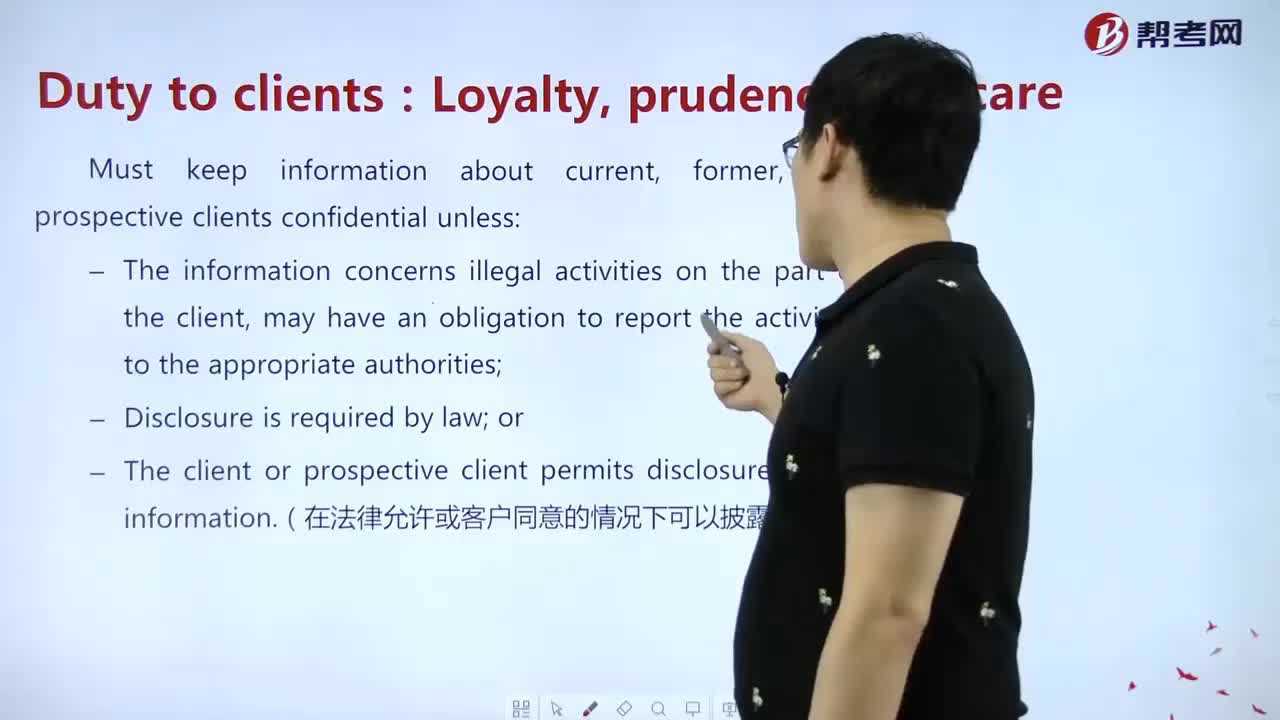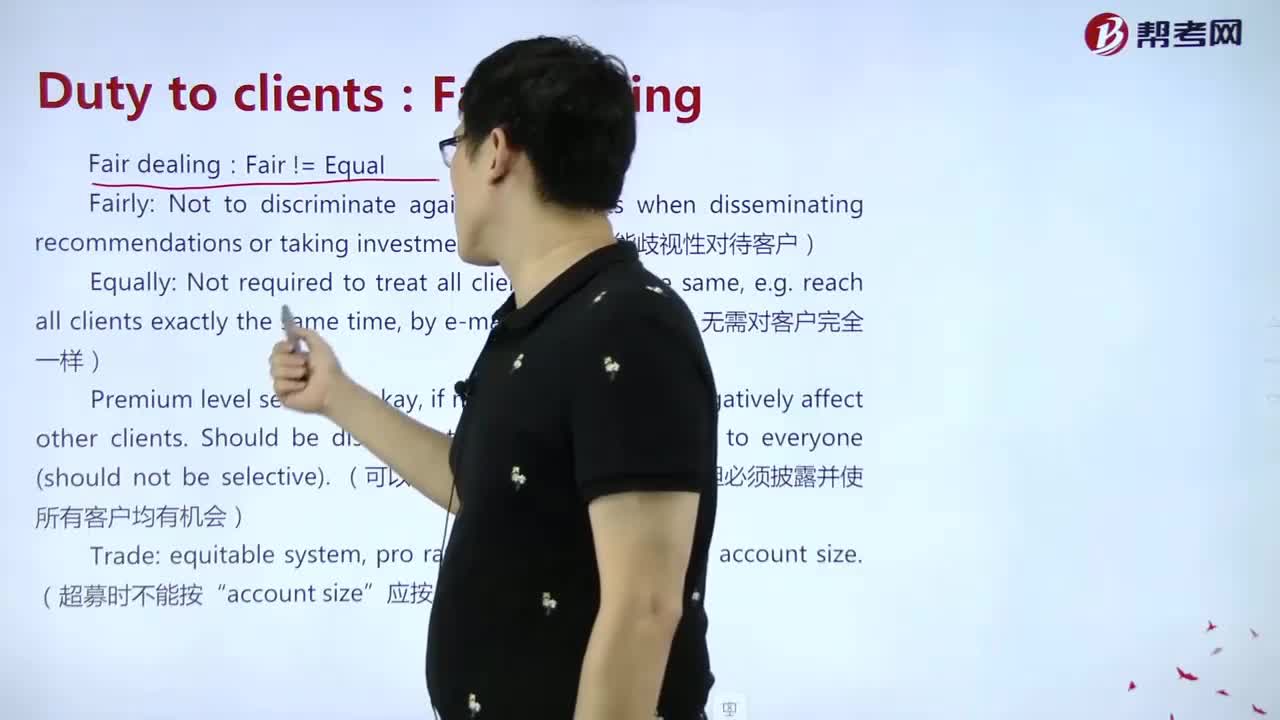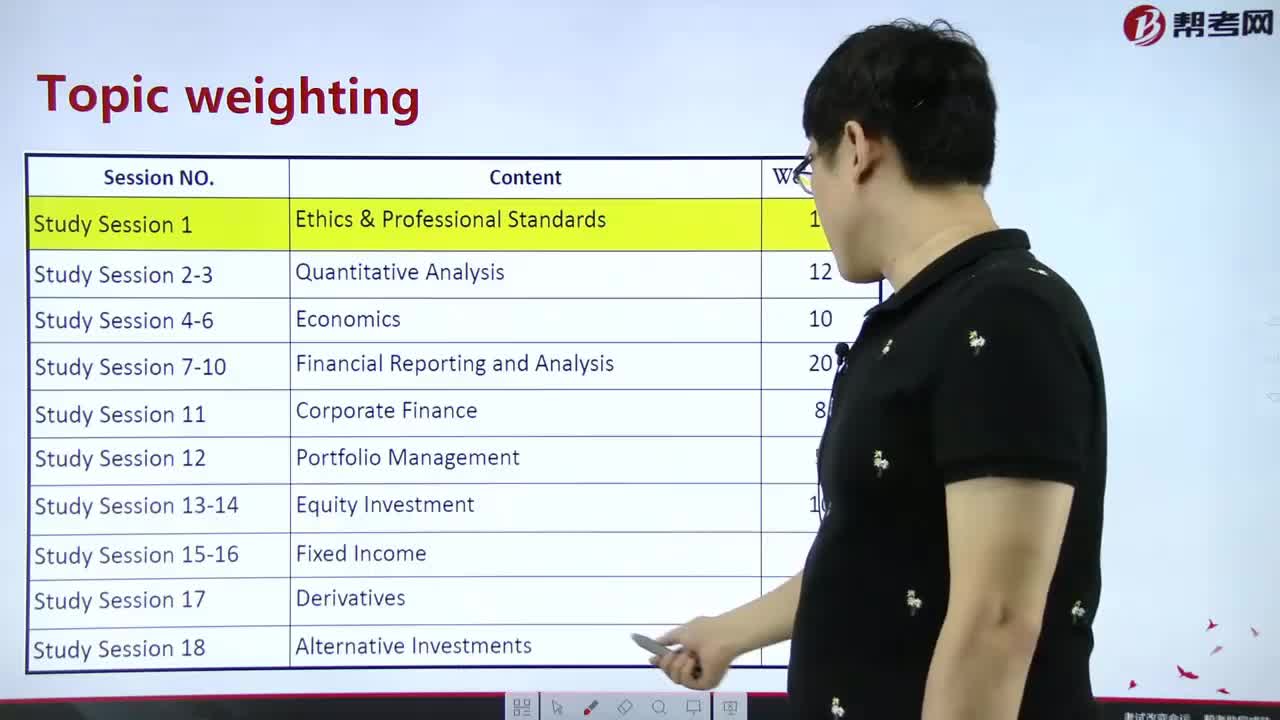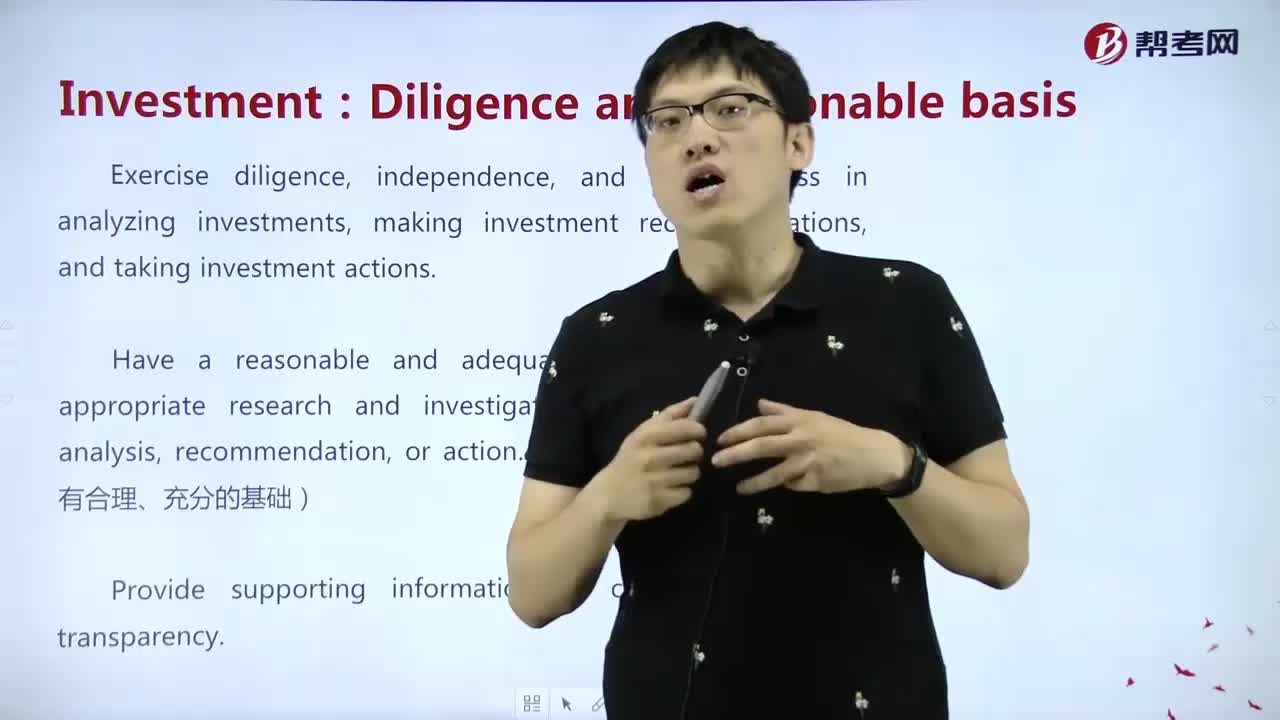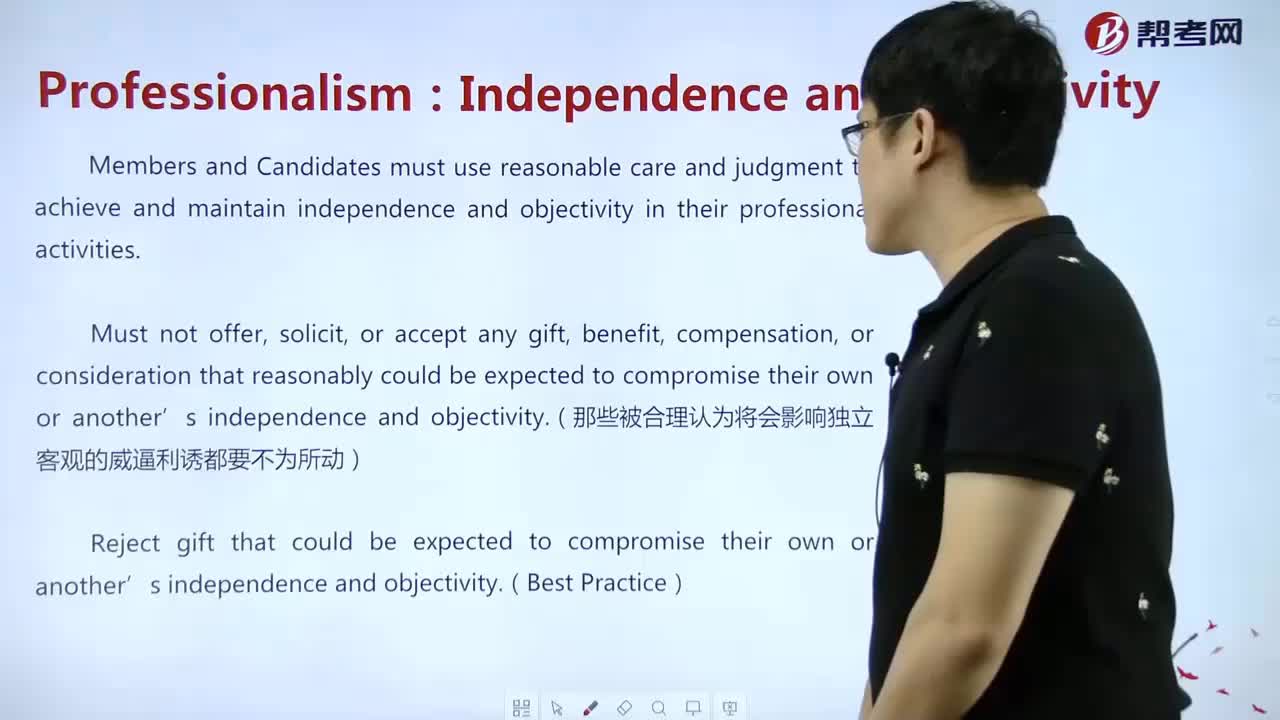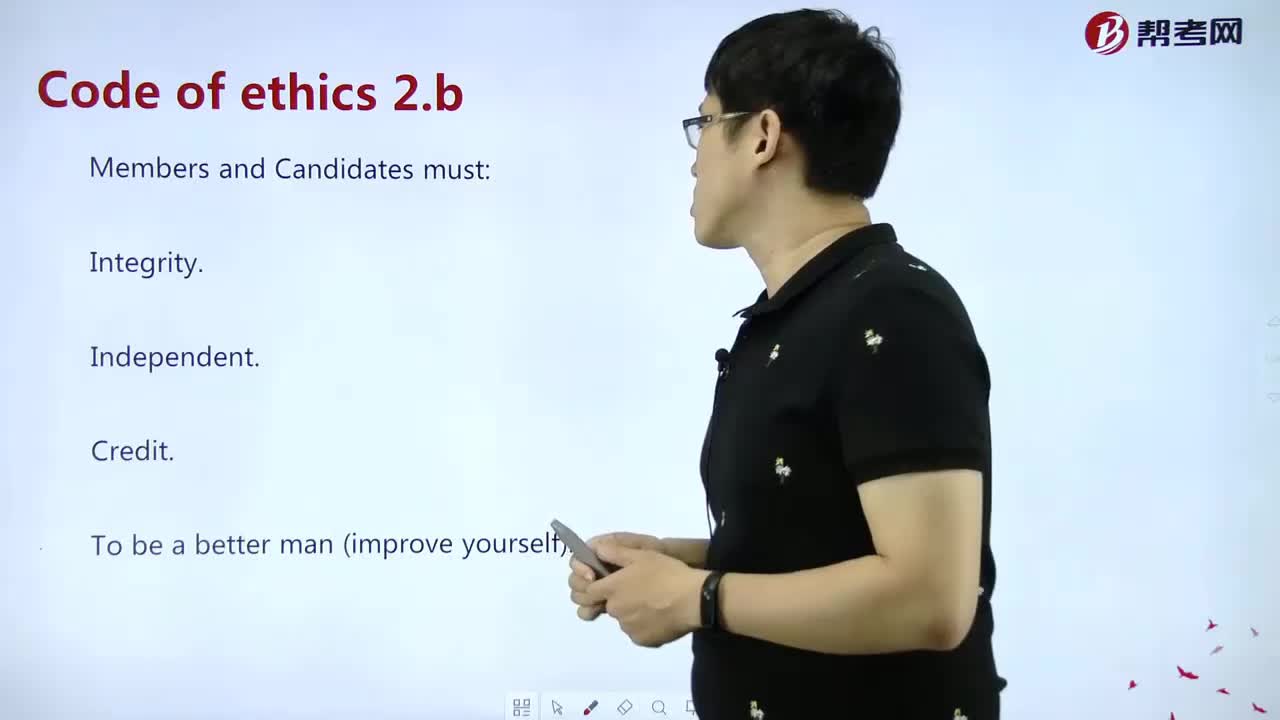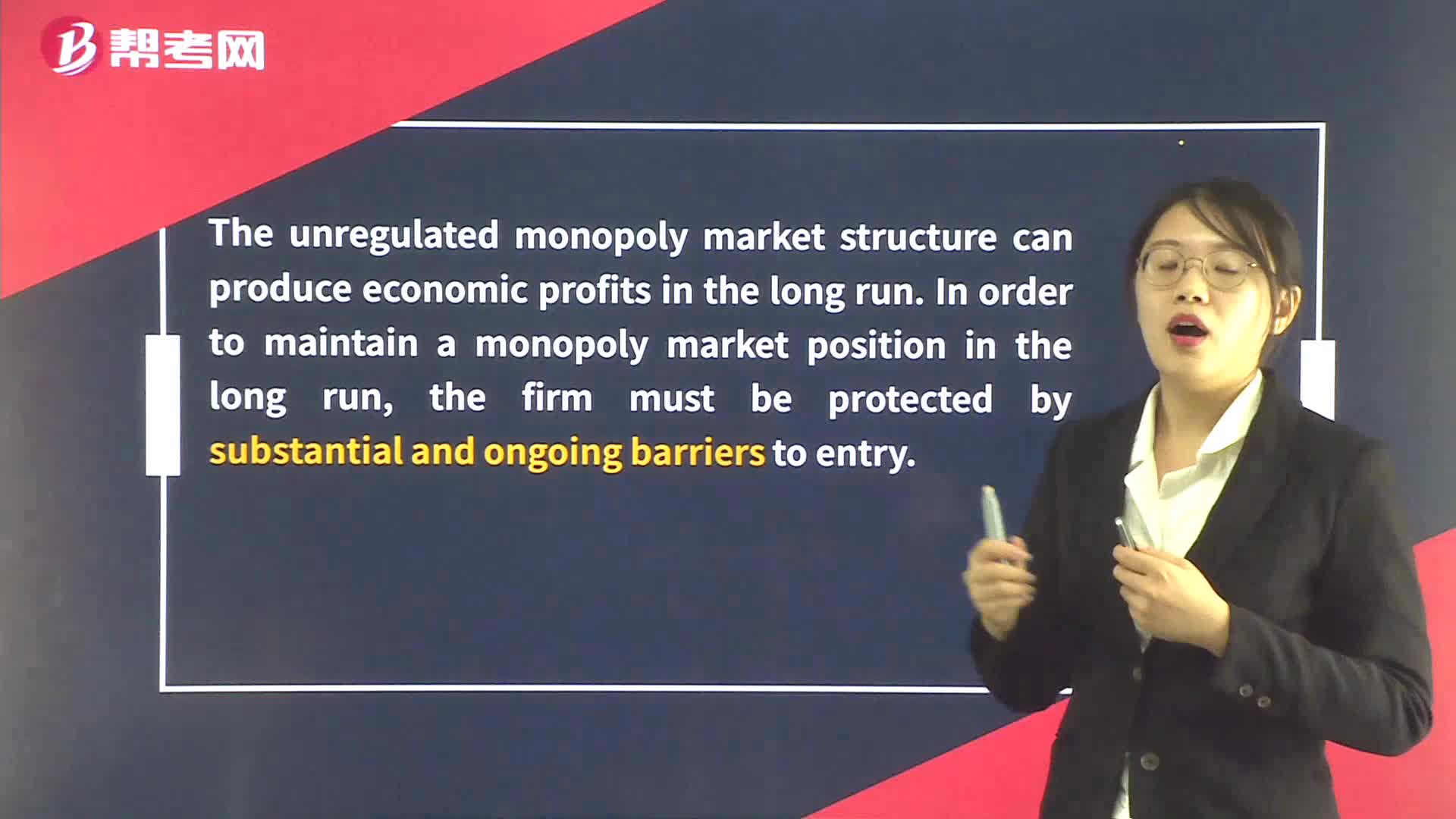
Factors Affecting Long-Run Equilibrium in Monopoly Markets
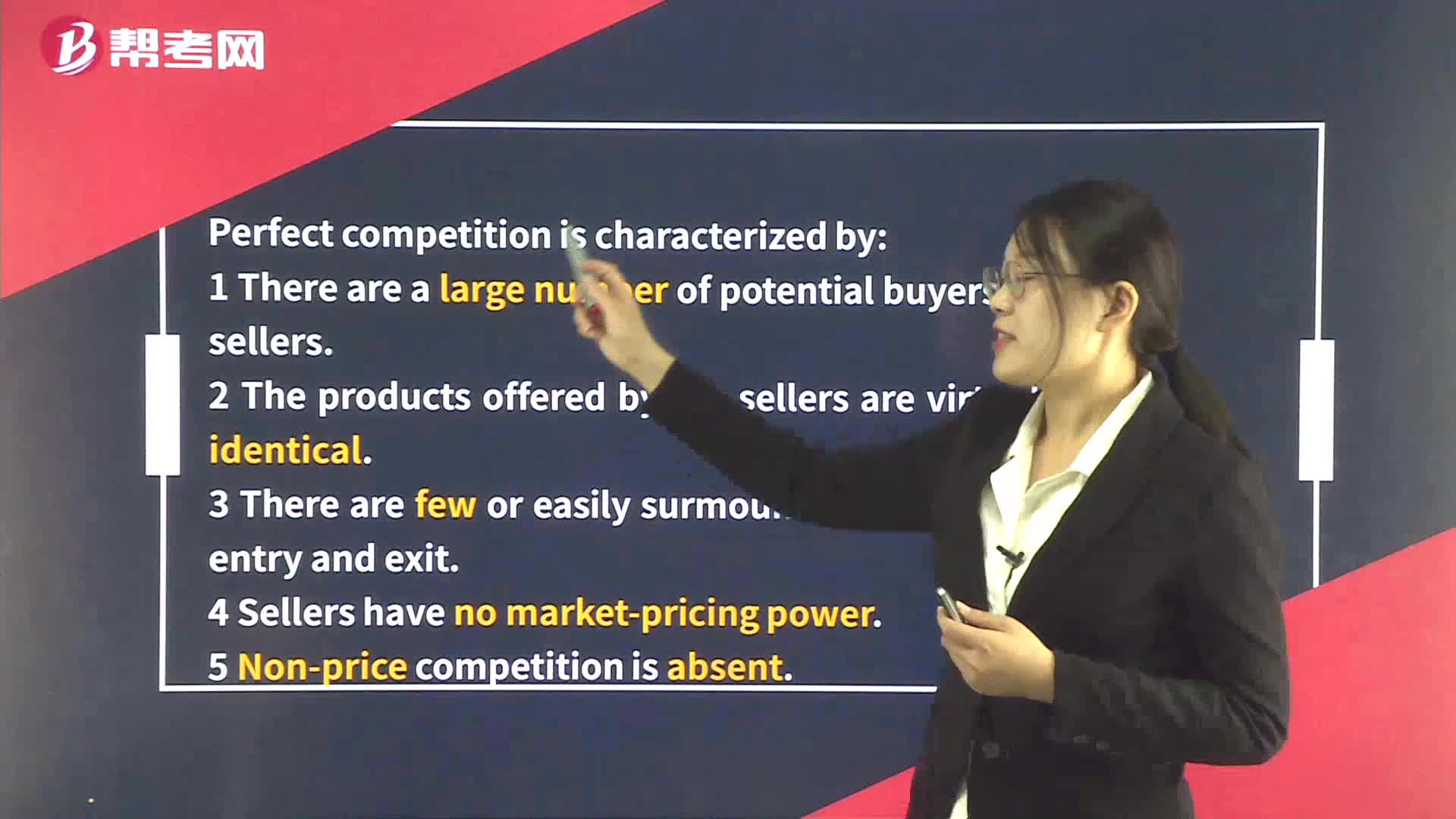
Demand Analysis in Perfect Competition
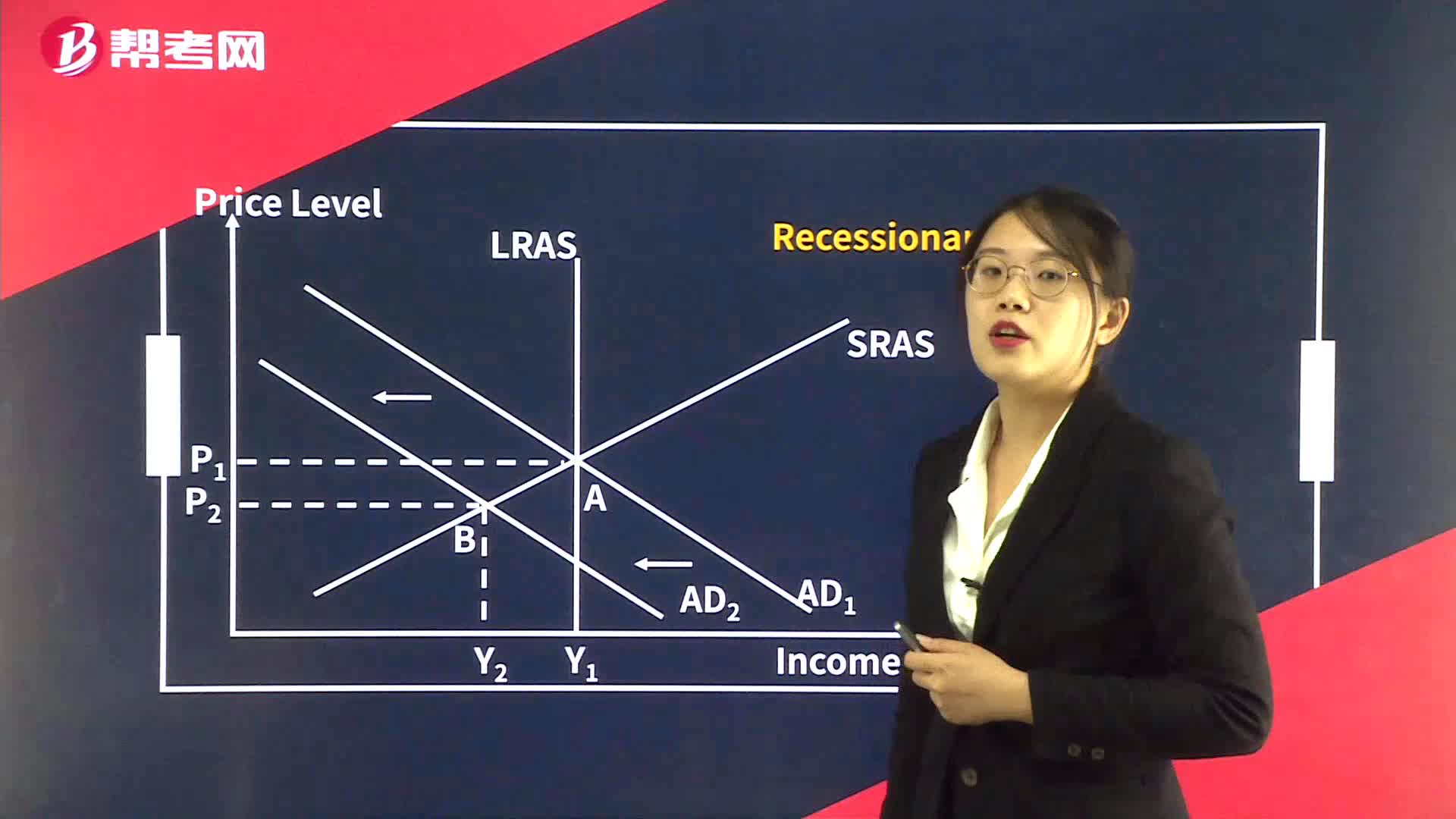
Equilibrium GDP and Prices - Recessionary Gap
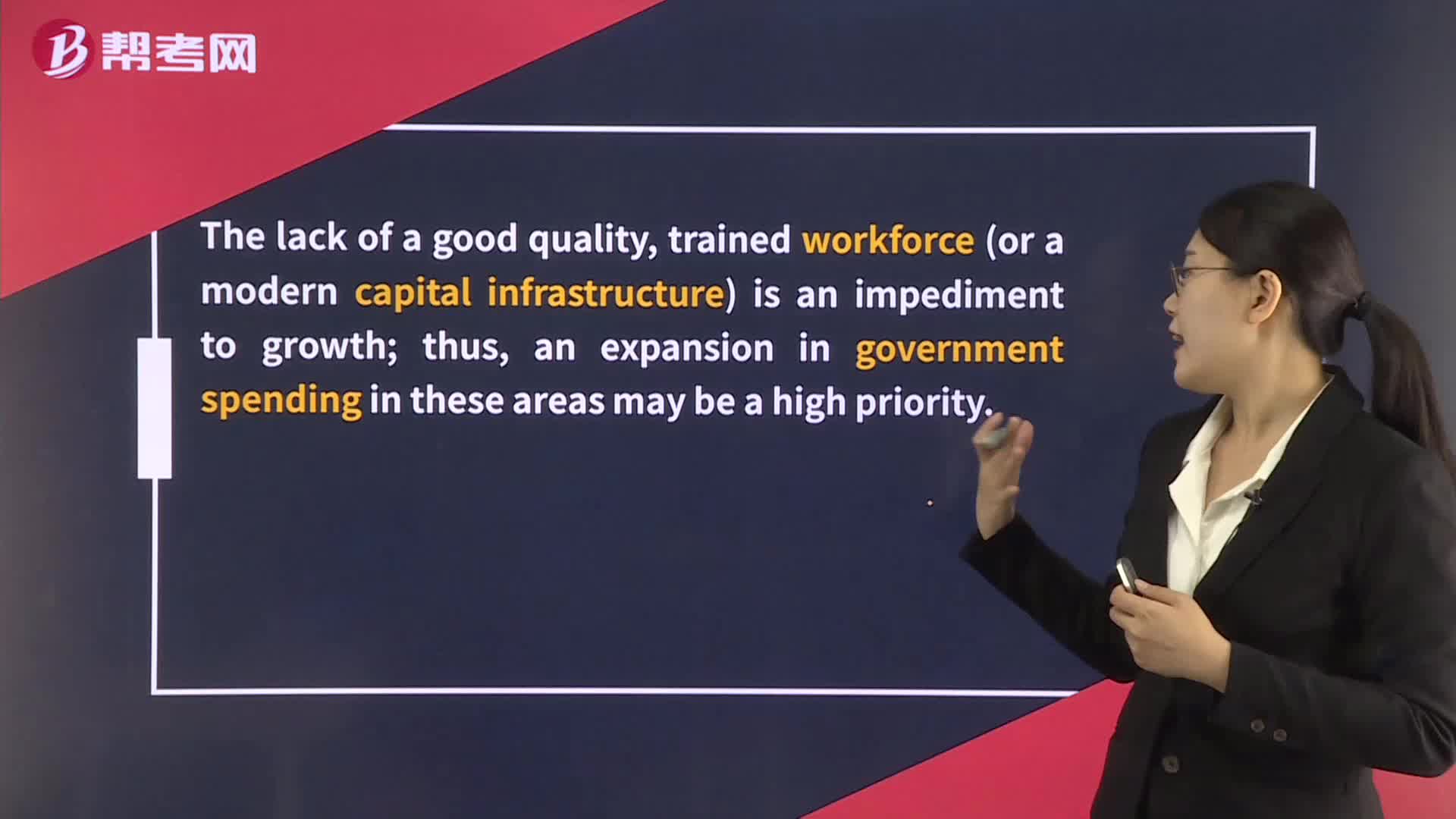
Factors Influencing the Mix of Fiscal and Monetary Policy
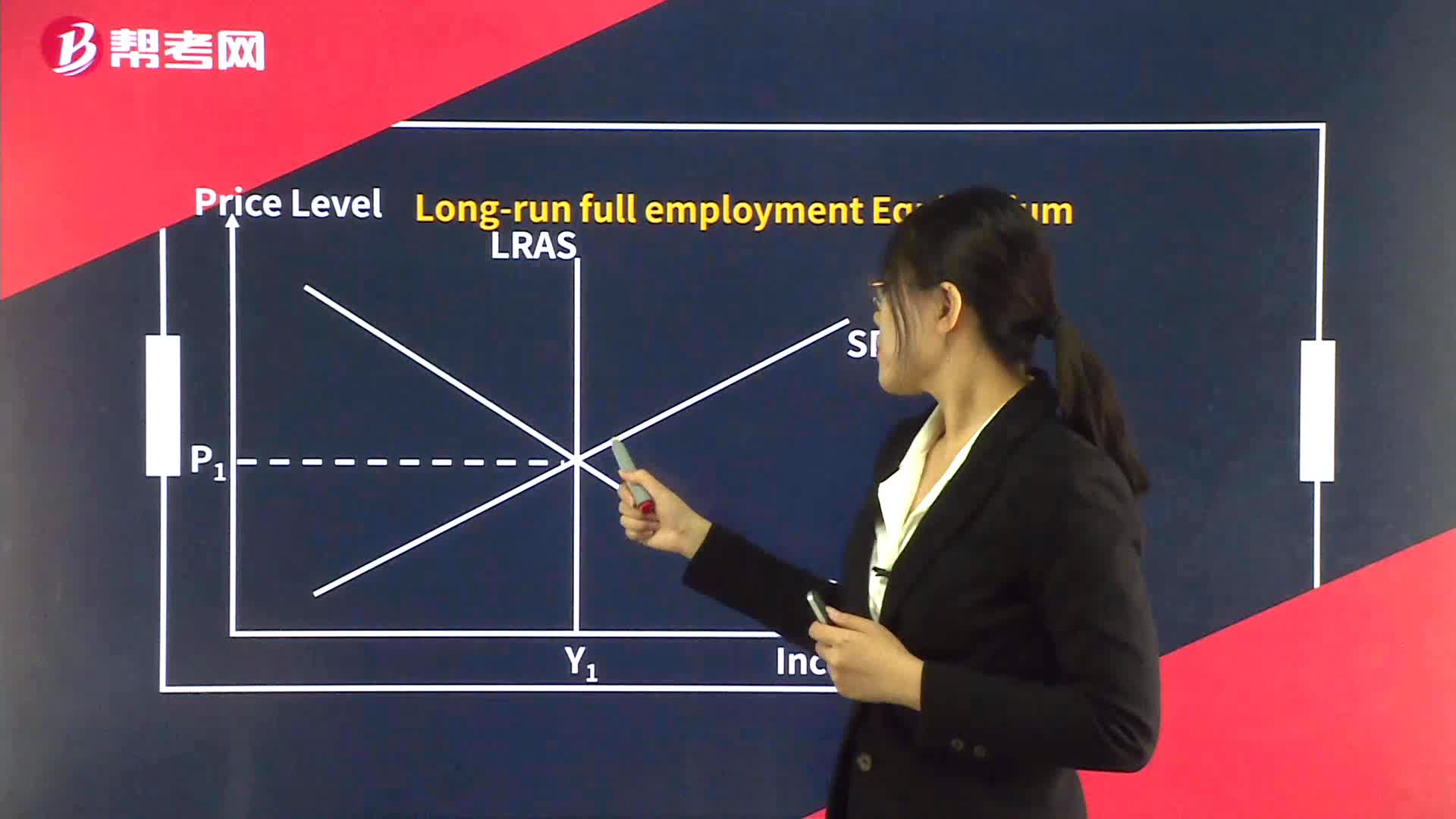
Equilibrium GDP and Prices - Long-Run Equilibrium
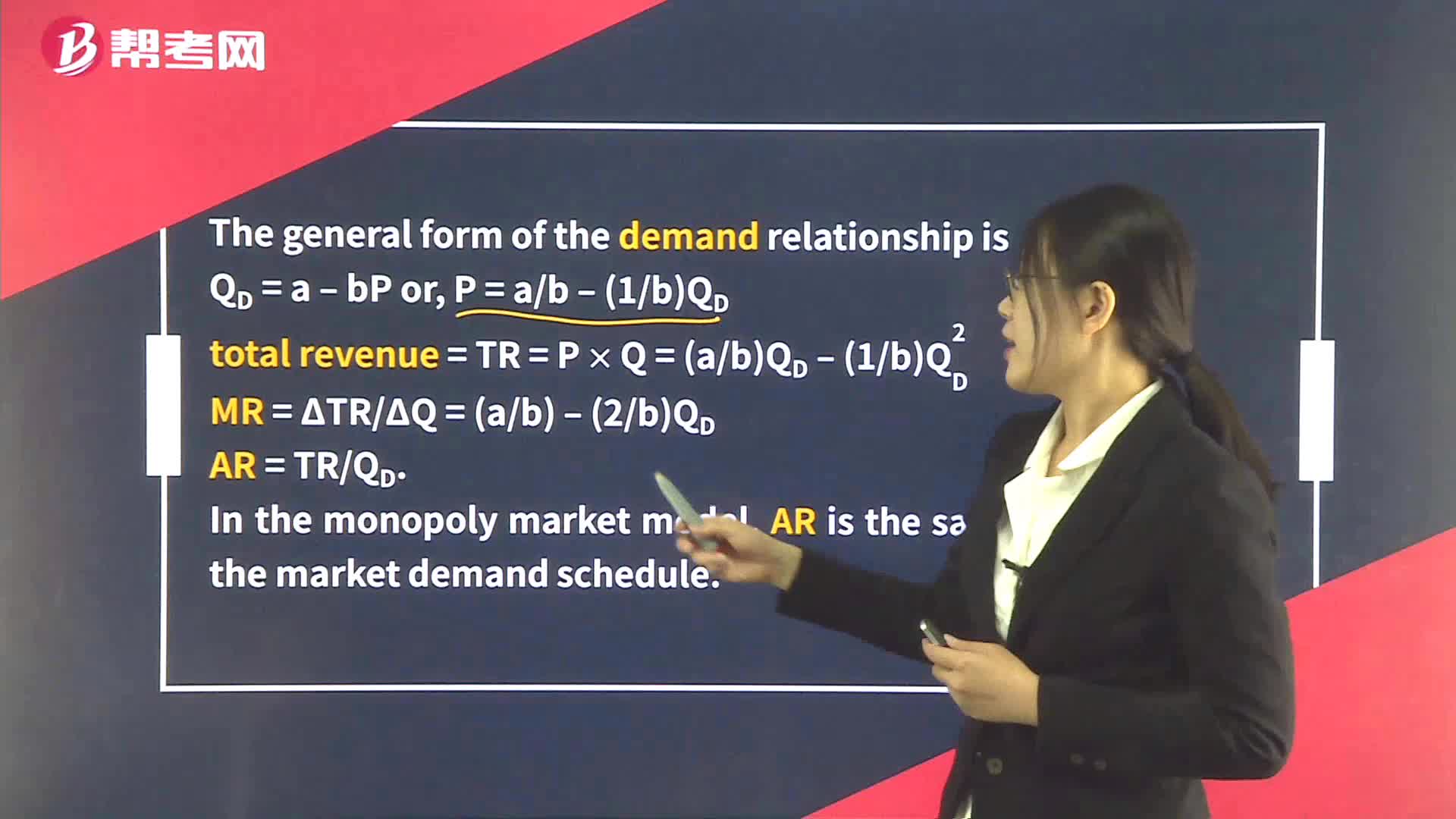
Demand Analysis in Monopoly
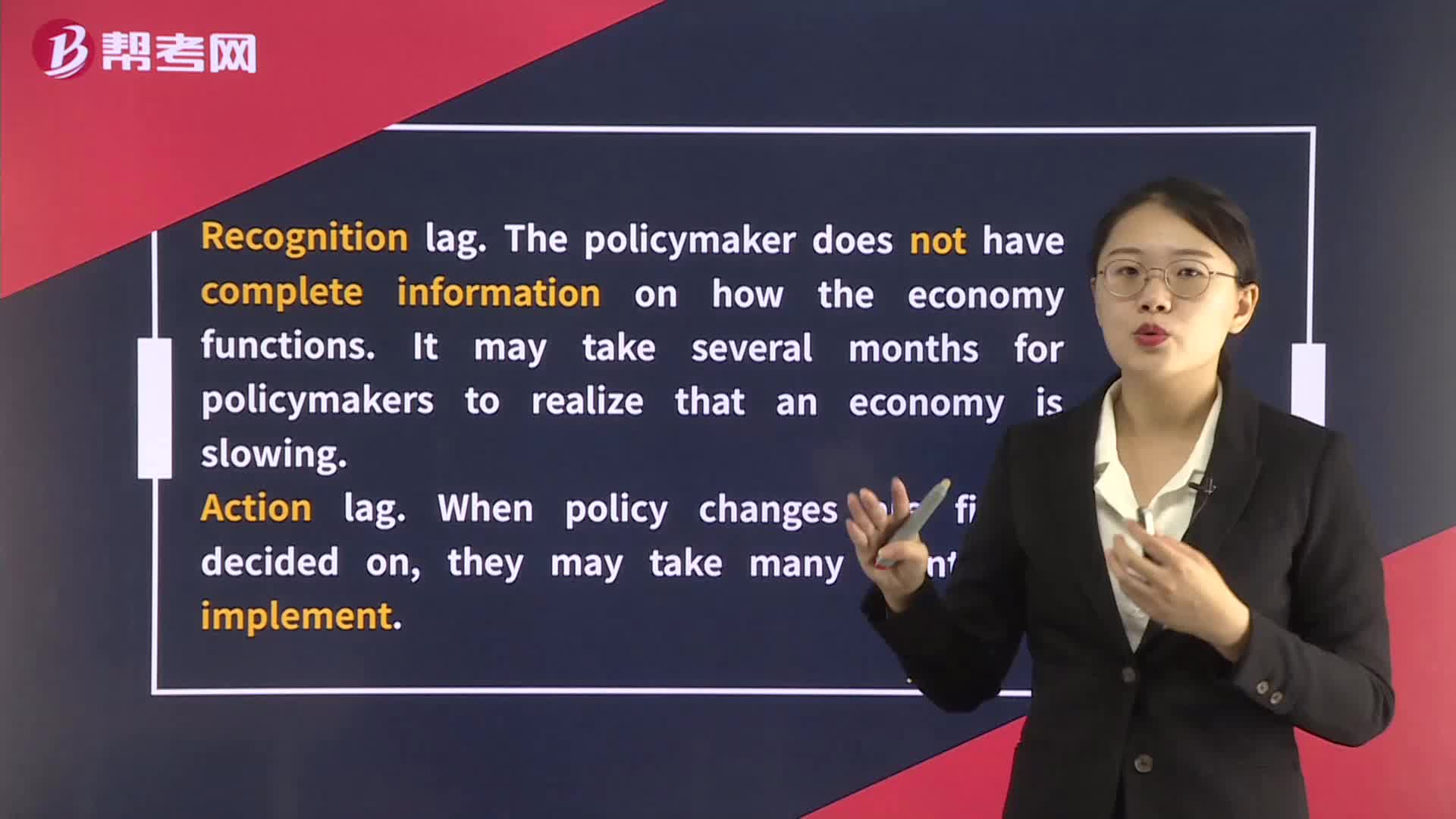
Difficulties in Executing Fiscal Policy
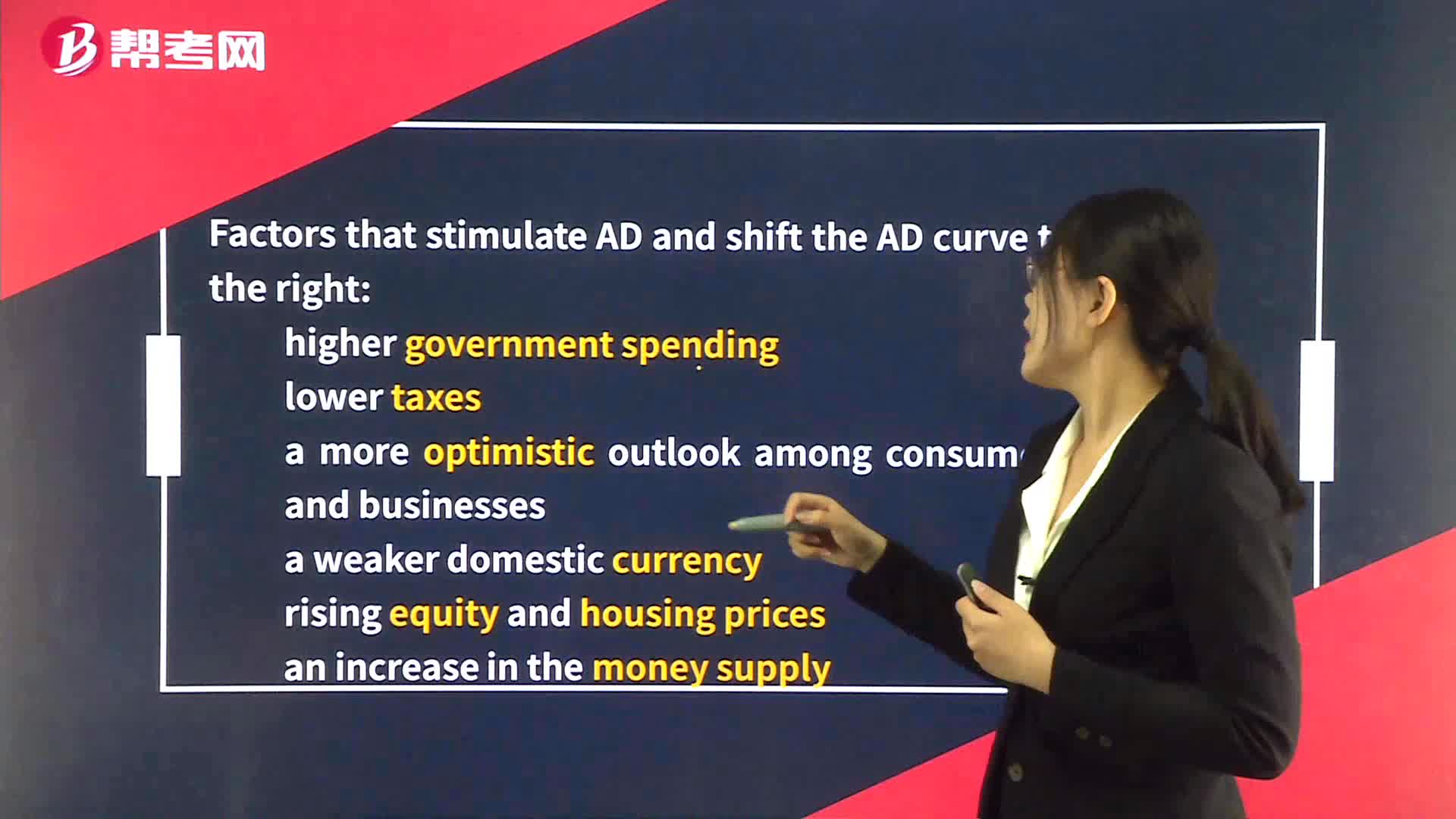
Equilibrium GDP and Prices - Inflationary Gap
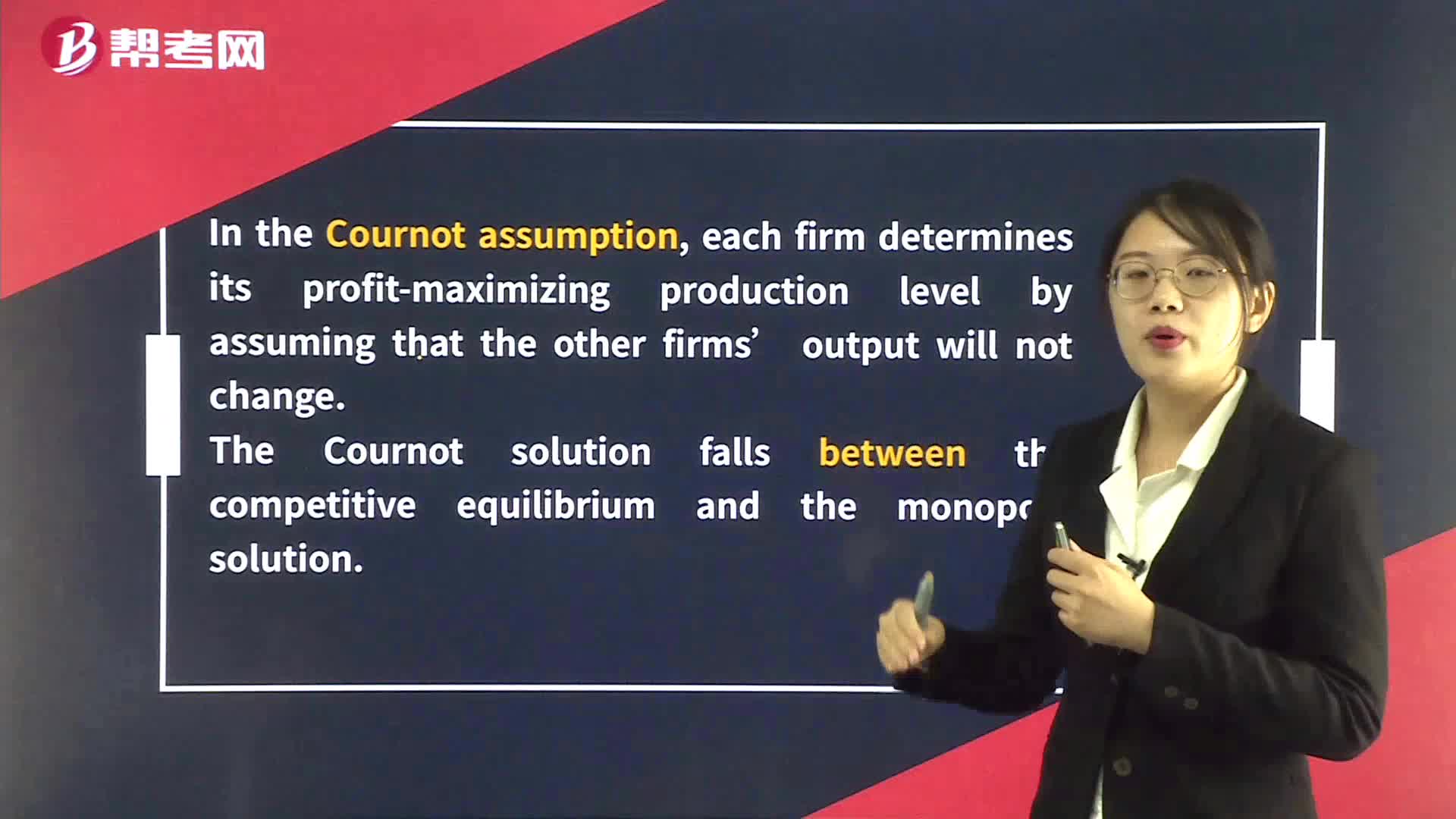
Cournot Assumption in Oligopoly Market
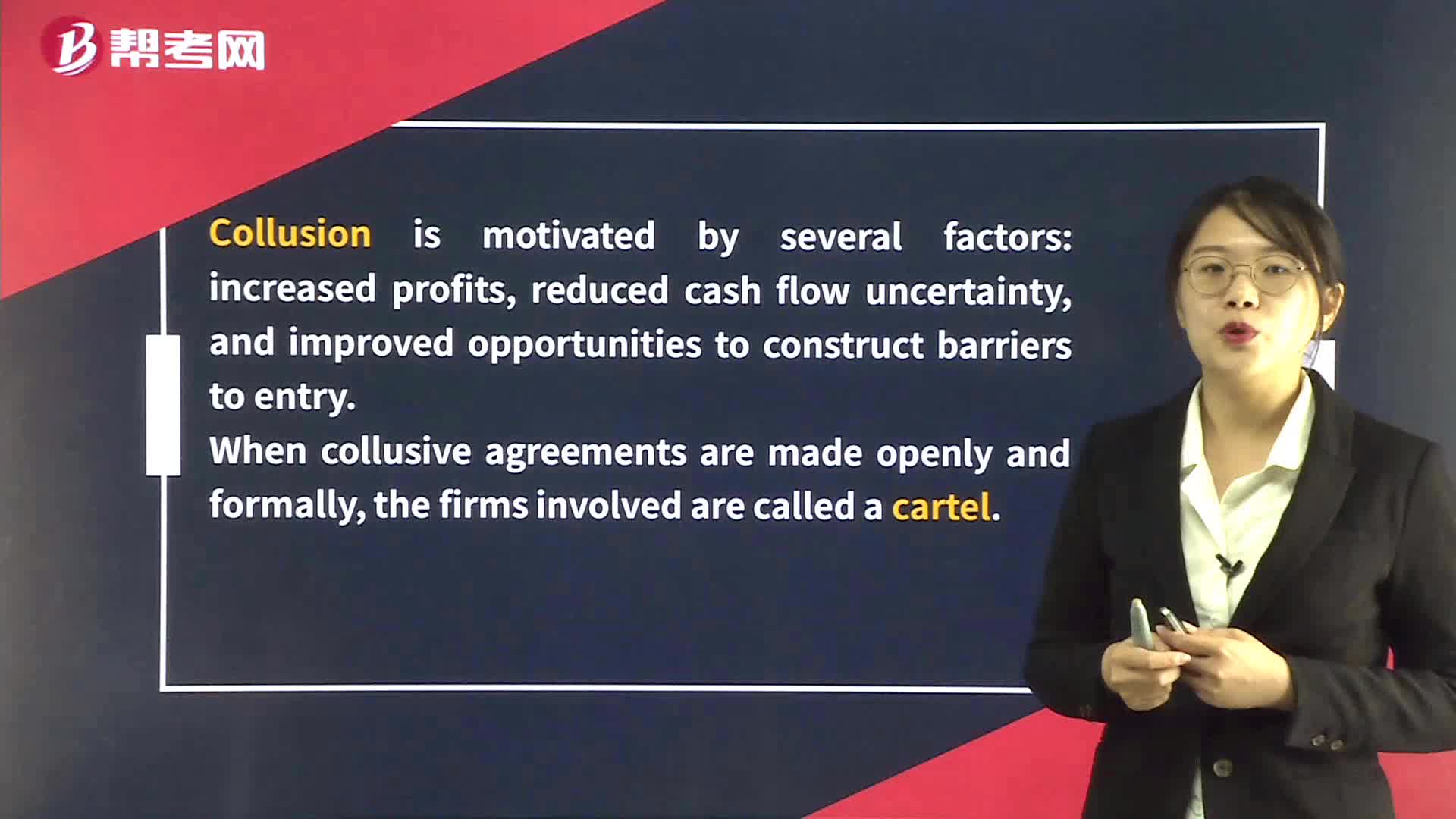
Collusion in Oligopoly Market
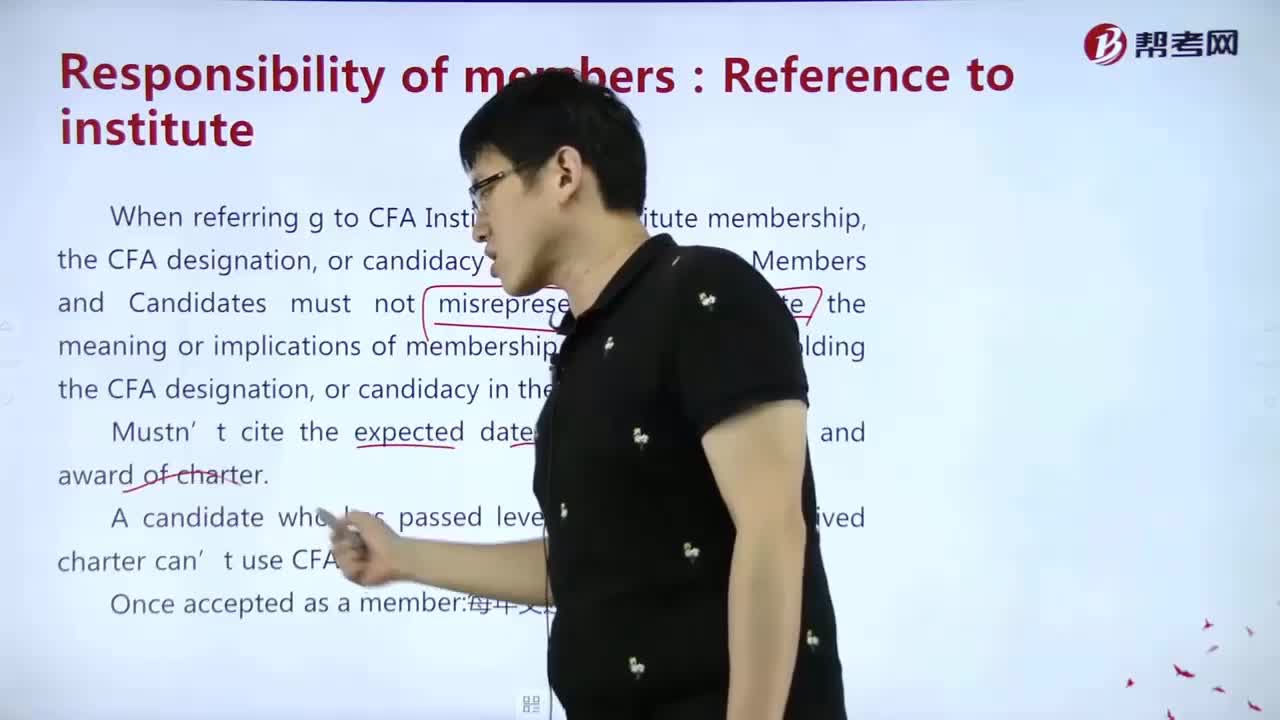
What are the responsibilities of the members in reference to the CFA Institute?

What members and candidates should notice in CFA examinations?

下载亿题库APP
联系电话:400-660-1360


